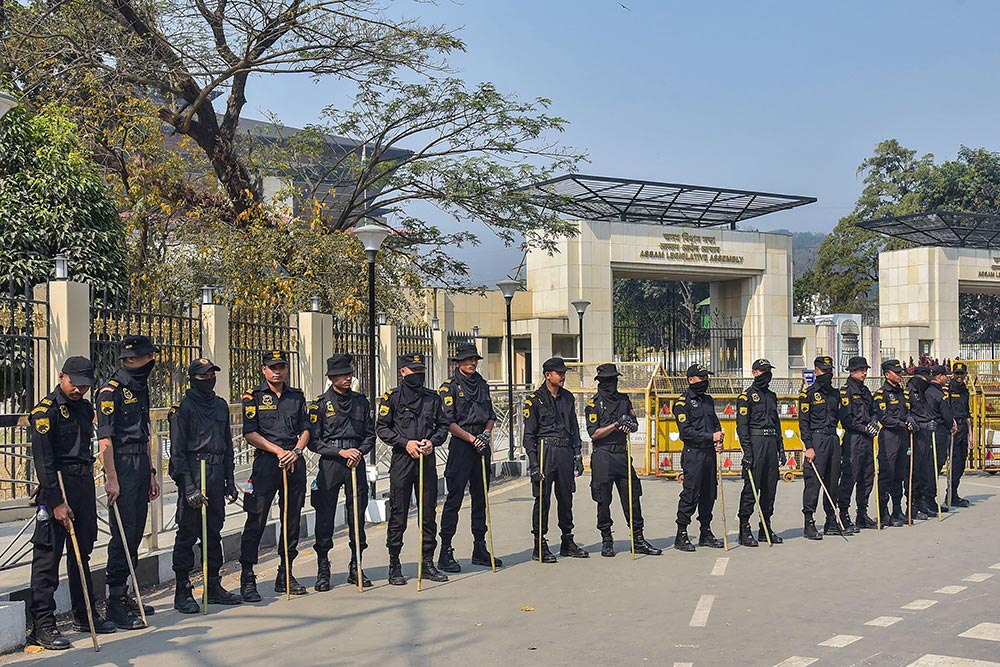In 2019, after the photos of 30 finalists of the Femina Miss India pageant came out in public, a massive social media backlash ensued, accusing the contest of being ‘racist’. When the photos of these women—mostly with similar haircuts and fair skin—found space in one of the leading national newspapers with the headline, ‘Who will be crowned Miss India this year?’, Twitter went abuzz with a cry against such typecasting. One of the users shared the photo and wrote: “Why can’t a Miss India be a dusky or a dark brown or darker chocolate brown? So much for the love of fair skin. I believe we are the most racist country in the world...!”

In 2019, after the photos of 30 finalists of the Femina Miss India pageant came out in public, a massive social media backlash ensued, accusing the contest of being ‘racist’. When the photos of these women—mostly with similar haircuts and fair skin—found space in one of the leading national newspapers with the headline, ‘Who will be crowned Miss India this year?’, Twitter went abuzz with a cry against such typecasting. One of the users shared the photo and wrote: “Why can’t a Miss India be a dusky or a dark brown or darker chocolate brown? So much for the love of fair skin. I believe we are the most racist country in the world...!”

In 2019, after the photos of 30 finalists of the Femina Miss India pageant came out in public, a massive social media backlash ensued, accusing the contest of being ‘racist’. When the photos of these women—mostly with similar haircuts and fair skin—found space in one of the leading national newspapers with the headline, ‘Who will be crowned Miss India this year?’, Twitter went abuzz with a cry against such typecasting. One of the users shared the photo and wrote: “Why can’t a Miss India be a dusky or a dark brown or darker chocolate brown? So much for the love of fair skin. I believe we are the most racist country in the world...!”







